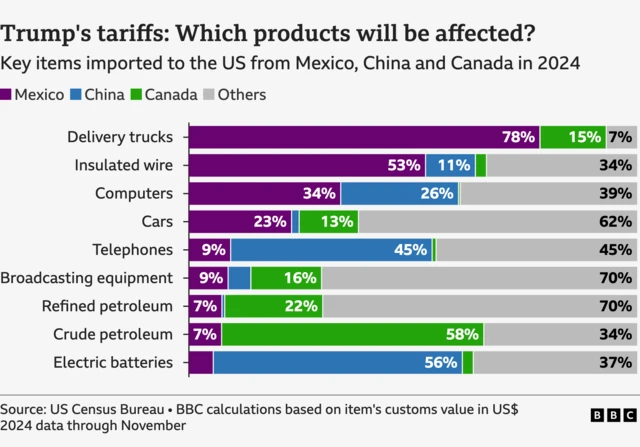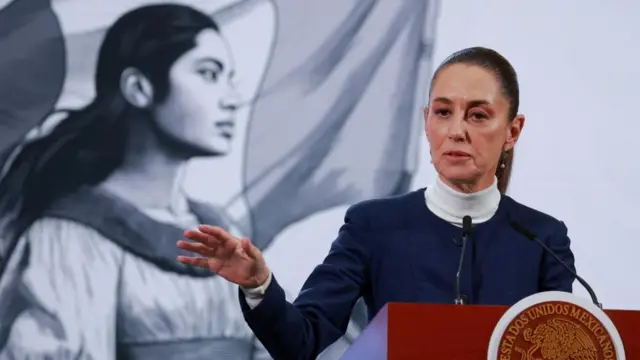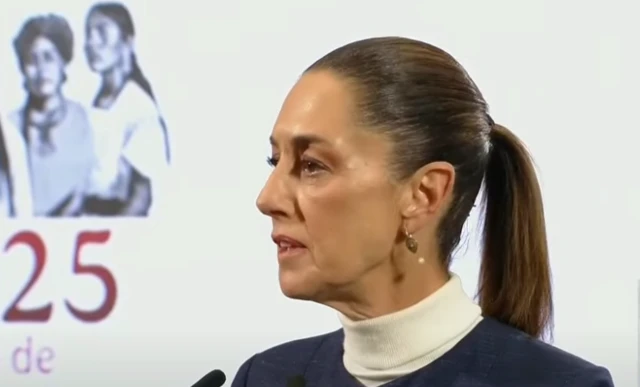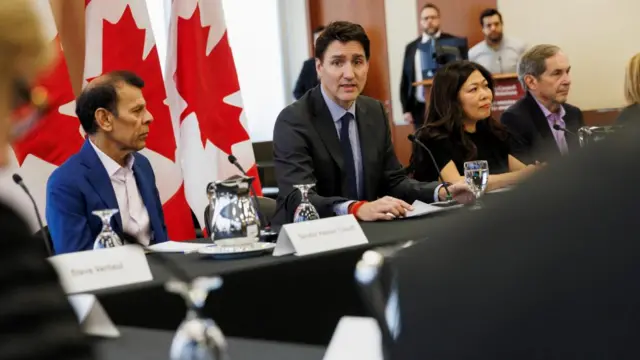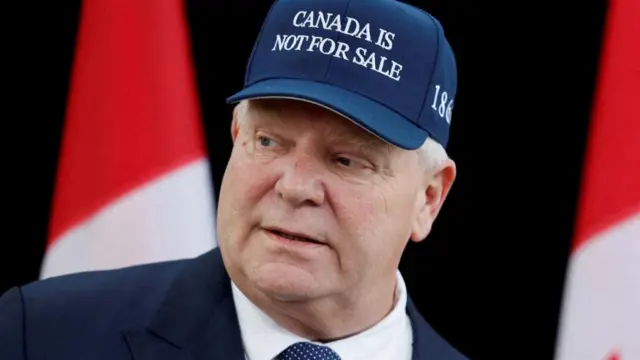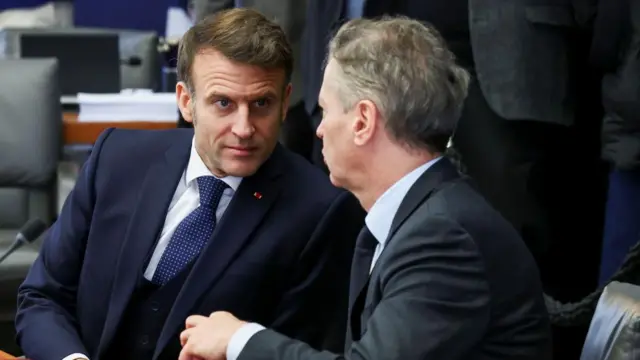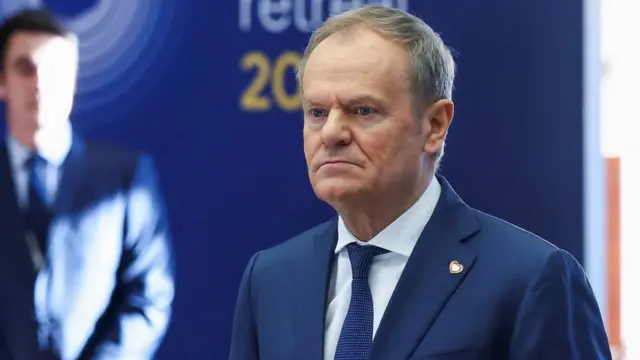
What will tariffs do to inflation?published at 17:17 GMT 3 February
Faarea Masud
Business reporter
As we just mentioned, analysts argue that tariffs will increase prices faced by consumers, because firms will try to pass on the extra costs they are facing.
If this happens then it will push up the rate of inflation - which measures the pace of price rises. If the rate of inflation rises then central banks are less likely to cut interest rates, keeping the price of borrowing higher.
However, there is no guarantee that the full effect of the tariff will be passed on to prices in the shops. Some firms might decide to absorb some of the costs, or foreign exporters might decide to cut their prices to protect sales.
Last week, the US central bank - the Federal Reserve - kept interest rates unchanged, saying it was "waiting to see what policies are enacted" by Donald Trump.
Paul Ashworth, chief North America economist at Capital Economics, says the expected surge in inflation from the tariffs means the opportunity for the Federal Reserve to cut rates over the next 12-18 months has “just slammed shut”.
